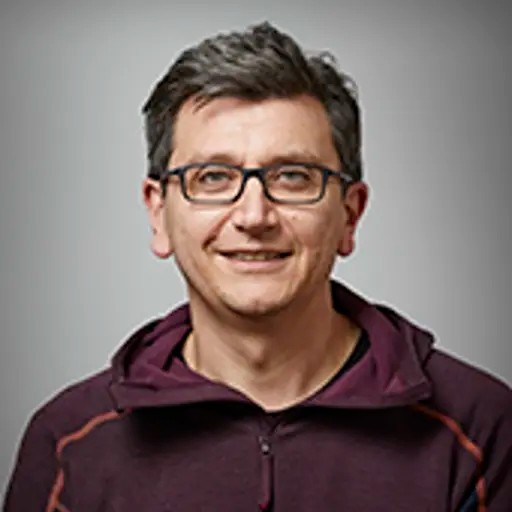Course syllabus adopted 2023-05-04 by Head of Programme (or corresponding).
Overview
- Swedish nameModerna energiteknologier och energisystem
- CodeTRA355
- Credits7.5 Credits
- OwnerTRACKS
- Education cycleFirst-cycle
- DepartmentTRACKS
- GradingTH - Pass with distinction (5), Pass with credit (4), Pass (3), Fail
Course round 1
- Teaching language English
- Application code 97197
- Open for exchange studentsYes
Credit distribution
Module | Sp1 | Sp2 | Sp3 | Sp4 | Summer | Not Sp | Examination dates |
|---|---|---|---|---|---|---|---|
| 0123 Project 7.5 c Grading: TH | 1.8 c | 1.9 c | 1.9 c | 1.9 c |
In programmes
Examiner
 Christophe Demaziere
Christophe Demaziere- Full Professor, Subatomic, High Energy and Plasma Physics, Physics
Eligibility
General entry requirements for bachelor's level studiesCourse specific prerequisites
In addition to the general requirements to study at the first-cycle level at Chalmers, necessary subject or project specific prerequisite competences (if any) must be fulfilled. Alternatively, the student must obtain the necessary competences during the course. The examiner will formulate and check these prerequisite competences. The student will only be admitted in agreement with the examiner.Elementary knowledge in Thermodynamics is recommended. A self-paced learning module on Thermodynamic is also offered, so that one can catch up if needed.
Aim
The course provides a platform to work and solve challenging cross-disciplinary authentic problems from different stakeholders in society such as the academy, industry or public institutions. Additionally, the aim is that students from different educational programs practice working efficiently in multidisciplinary development teamsTo tackle climate change, all carbon-neutral energy sources are required. The course describes various such technologies, their advantages/disadvantages and their interdependencies. By following the course, you will be able to understand how these technologies work and how they contribute to some of the United Nations' Sustainable Development Goals.
Learning outcomes (after completion of the course the student should be able to)
General learning outcomes for Tracks courses: - work in multidisciplinary teams and collaborate in teams with different compositions - show insights about cultural differences and to be able to work sensitively with them. - identify ethical aspects and discuss and judge their consequences in relation to the specific problem - orally and in writing explain and discuss information, problems, methods, design/development processes and solutions Course specific learning outcomes: - Explain the working principles of each energy technology presented in the course, their advantages, disadvantages, and limitations. - Differentiate the impacts of each technology in a climate-change mitigation perspective. - Weigh the various technologies against each other, taking technological, social, ethical, economic and policy perspectives into account. - Decide on when to make best use of each of the technologies. - Capitalize on the interdependencies between those technologies. - Work and communicate in an intercultural environment, taking advantage of the multidisciplinary competences of your workmates.Content
The course covers eight broad themes: - Energy and transport systems - Bioenergy and power-to-fuel - Hydropower technology - Wind power technology - Solar power technology - Nuclear power technology - Batteries, fuel cells and electrolysis - Environmental economics and energy policyOrganisation
The course is run by a teaching team.The main part of the course is a challenge driven project. The challenge may range from being broad societal to profound research driven. The project task is solved in a group. The course is supplemented by on-demand teaching and learning of the skills necessary for the project. The project team will have one university examiner, one or a pole of university supervisors and one or a pole of external co-supervisors if applicable.
The course is given over a whole academic year with eight different themes that are discussed in four-week periods. The course is given as a flipped classroom course, which means that learning starts at one's own pace and is then followed in the classroom with practical examples and assignments for each course theme.
Literature
Lecture notes and recommended literature on the fundamentals are provided.Examination including compulsory elements
The examination is based on continuous assignments through all course modules. The assignments are related to the in-class activities, as well as to the preparatory work ahead of those activities. One should successfully solve a sufficient number of those assignments for each course module to pass the course.The course examiner may assess individual students in other ways than what is stated above if there are special reasons for doing so, for example if a student has a decision from Chalmers about disability study support.